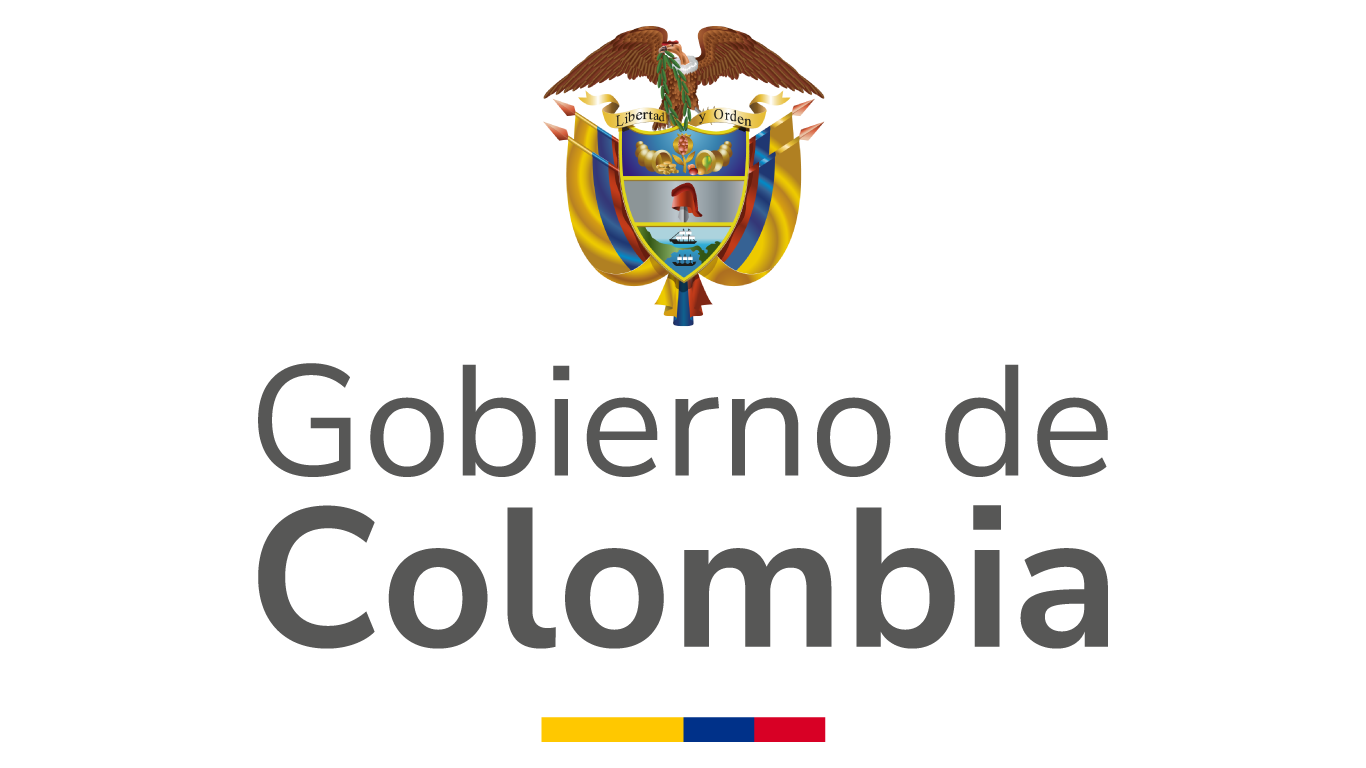Statement by
H.E. Ambassador Néstor Osorio
Permanent Representative of Colombia to the United Nations
Security Council – Open Debate
Post-conflict Peacebuilding
New York, 21 January 2011
Mr. President,
I thank the convening to this debate on a subject that is of great relevance in terms of State functioning and social life in post-conflict situations. Focusing the analysis on institution building, demonstrates the value they have in creating conditions that ensure the sustainability of peace.
The statements made by the Secretary General, Mr. Ban Ki-moon, Deputy Prime Minister of Timor Leste, Mr. José Luis Guterres and Ambassador Peter Wittig, Chairman of the Peacebuilding Commission, reflect the progress achieved and the tasks still pending on this issue.
Peacebuilding is primarily a national responsibility. Countries recovering from the effects of conflict require tools to guarantee good governance, strengthen the rule of law and lead economic and social development.
In this regard, the international community has responsibility to provide support to national agendas and priorities aimed at creating, restoring or reforming institutions for effective management and national capacity building.
The actions of the international community, including States, the United Nations, regional organizations and international financial institutions should aim to support programs that facilitate the stability and viability of the countries; that is why in all stages of the process leadership of the State affected is paramount.
The reconstruction of the institutional structure that sustains the State is a matter that affects throughout peacekeeping and peacebulding. This perspective must be present from the early stages of peacekeeping planning and execution.
Strategies aimed to the establishment of a stable and lasting peace, require adaptation to the particularities of each case. This acknowledgment should guide discussions and decisions of the Council to ensure that the actions respond to the specific political, economic and cultural characteristic of each situation.
The preparation and implementation of institutional construction requires, from the beginning, the participation of the State and the use of existing national capabilities to ensure the transition to stability and long-term development and contribute to progressively reducing dependence on the international community.
Conflicts can weaken or dissolve important civil society structures. It is therefore essential to generate sustainable economic activities to ensure a steady income, decent standards of living and regenerate social fabric. This will help to prevent the reproduction of the conditions that originated the conflict.
Likewise, we must ensure that all stakeholders in the peacebuilding process work in a coordinated and coherent manner in order to avoid duplication of efforts and guarantee the efficient use of available resources.
Colombia considers that the Peacebulding Commission is destined to play a central role to meet the special needs of countries emerging from conflict. Accordingly, it should promote institutional strengthening and the regular use of its advisory role by the Security Council.
On the other hand, for the United Nations to be more effective throughout the cycle of conflict, the Security Council must use the tools at its disposal for the benefit of conflict prevention, development of actions to avoid the appearance and resurgence of situations that threaten to undermine peace.
Experiences and lessons learned of all countries in this area should serve to foster a solid institutional development to ensure the transition to stable and lasting peace.
Thank you very much.
(End)










